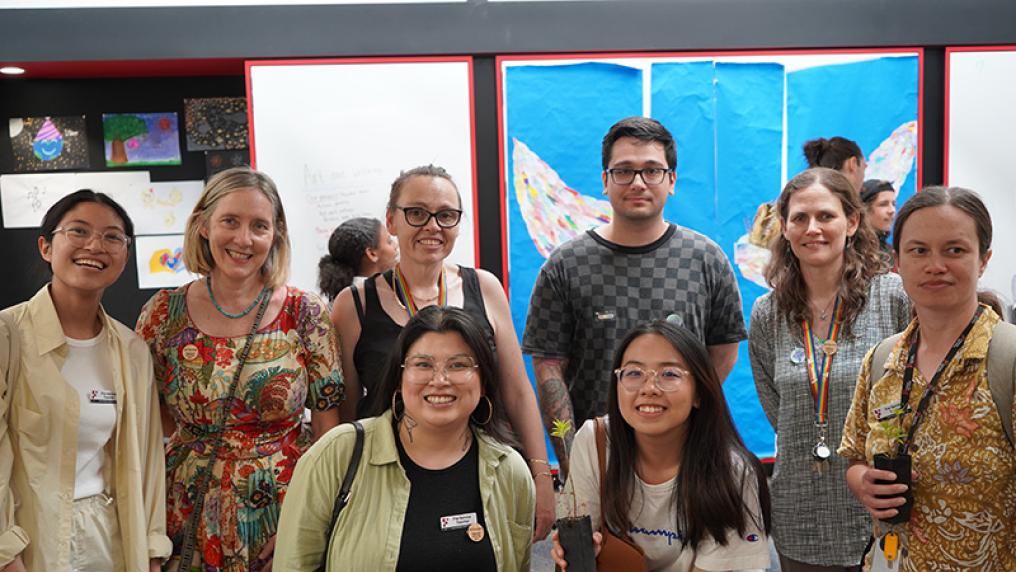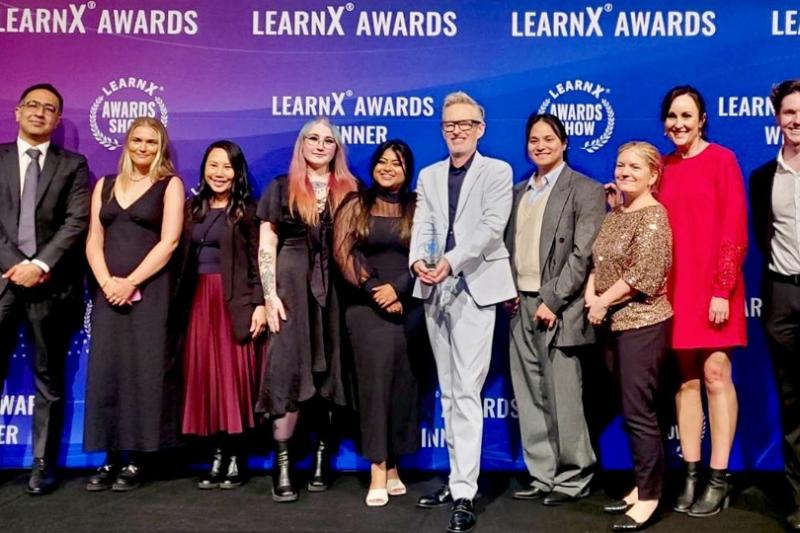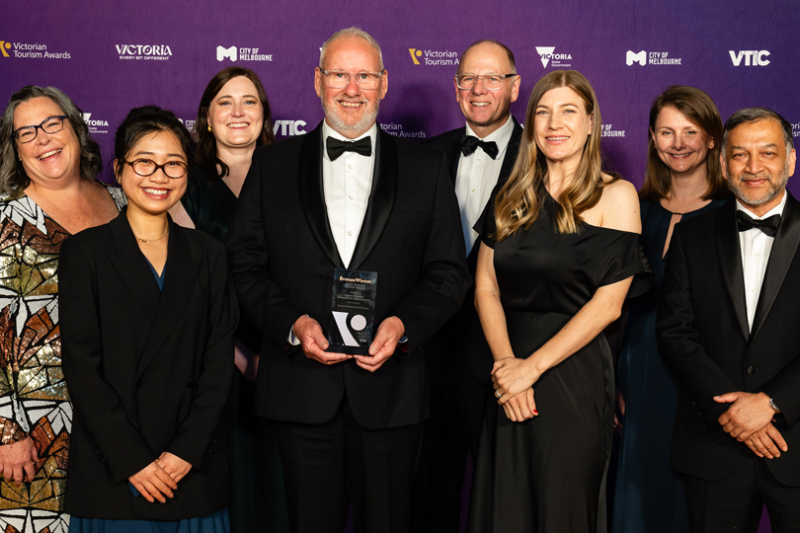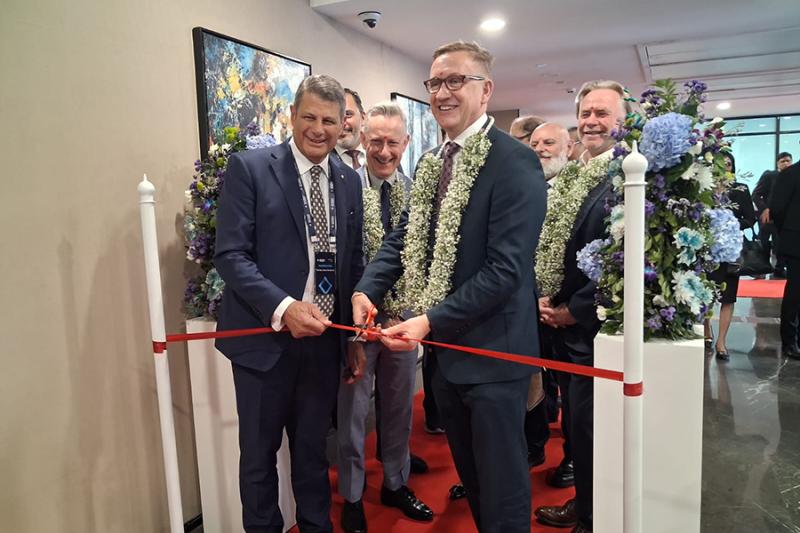Embedding Indigenous perspectives in high school education

For 26 years, the Story Writing in Remote Locations (SWIRL) program – founded by Lawry Mahon – has seen Victoria University (VU) pre-service teachers undertake a placement in schools in the Northern Territory. During their time in remote Aboriginal communities, pre-service teachers focus on supporting students to write stories which capture their lives, cultures, knowledges and languages.
Given the ongoing concerns around COVID in 2020 – particularly in relation to protecting the health of Indigenous communities in remote NT – it became clear the traditional SWIRL program would need to be reimagined. Conversations started between VU’s College of Arts and Education, VU’s Moondani Balluk Academic Unit, and Footscray High School (FHS).
VU’s College of Arts & Education teacher, Dr Sarah Tartakover said, “One of the key tenets of SWIRL is to look at ways of decolonising the curriculum. There was a unique opportunity to place pre-service teachers at FHS, where there is a strong focus on implementing the DET Marrung Aboriginal Education Plan”.
A new SWIRL experience was piloted during semester 1, 2021: urban SWIRL.
Moondani Balluk Co-director of Teaching and Learning Tracey Cooper explained the differences between a remote SWIRL experience and an urban SWIRL experience: “The differences are polar opposites. We have to go from capturing Indigenous standpoints and knowledges within remote classrooms that are highly populated with Indigenous students, to teaching and embedding the standpoints in urban classrooms which are filled with a diverse group of students.”
It was decided that VU Master of Teaching pre-service teachers would work with year 7 and 8 students from Footscray High School (FHS) who were doing a semester-long Community STEAM program. Community STEAM is a new inquiry subject at FHS in which students work on research projects across the broad themes of Wellbeing, Social Justice or Sustainability to find an issue they care about.
“The aim was for pre-service teachers to support students to create culturally safe classrooms for Indigenous students while exploring ways that students could embed Indigenous standpoints in their Community STEAM projects,” Dr Tartakover said.
Pre-service teachers worked on developing resources for teachers and students in preparation for a visit from Tracey Cooper and Kathleen Butler from Moondani Balluk. Students compiled questions which Tracey and Kathleen responded to in an hour-long Q&A.
Karen Drought, who is the Community STEAM leader at Footscray High School said:
“The collaboration between FHS and VU pre-service teachers in Community STEAM has helped our program take meaningful steps towards ensuring all students engage genuinely with Indigenous perspectives on their project themes. It has also inspired conversations and learning activity ideas within our staff teams that will enhance and build on this foundational work in the future.”
In 2022 the College of Arts and Education will continue the program at Footscray High, and are hoping to take Urban SWIRL to more schools.



